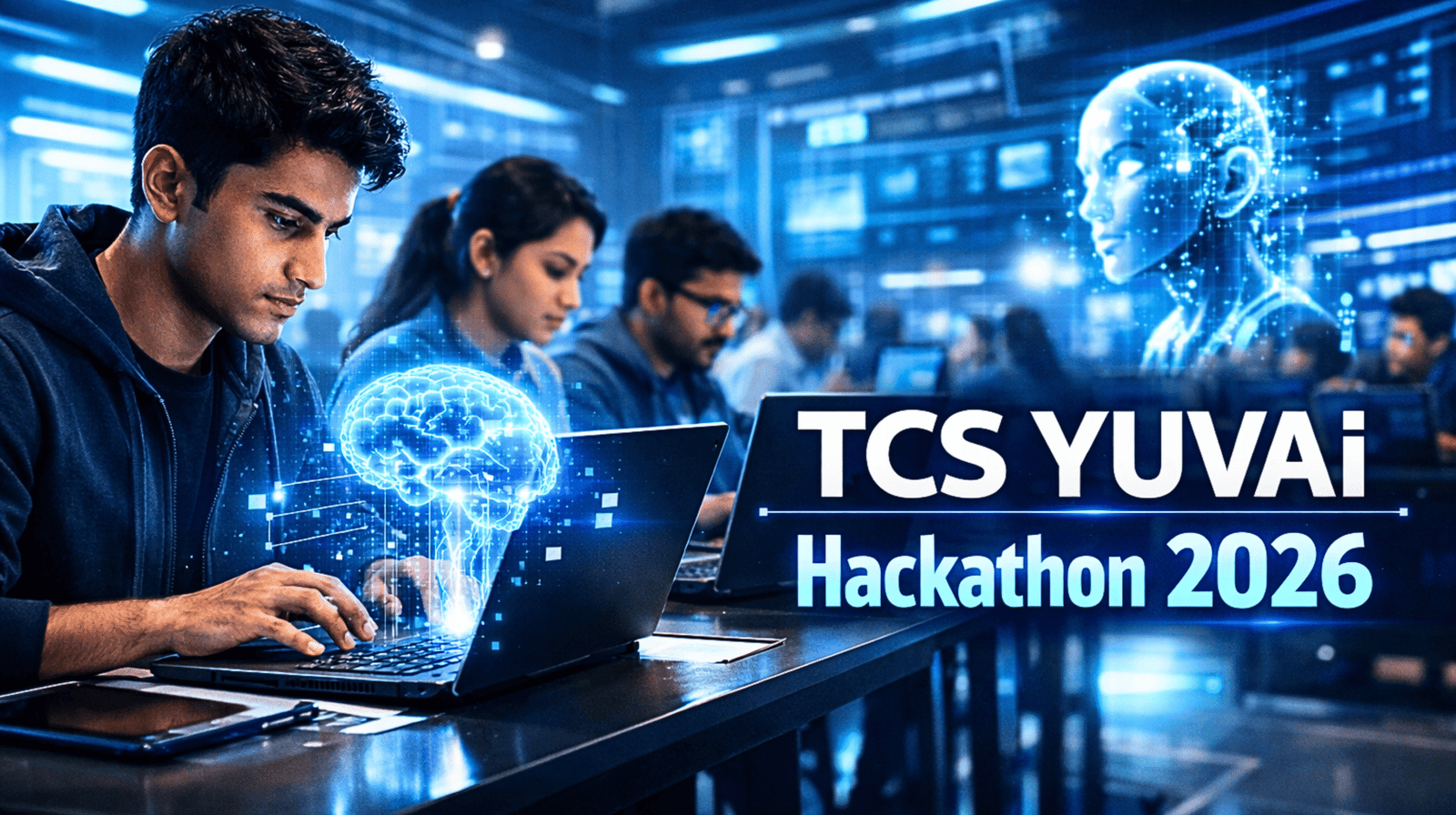New Delhi, November 2025
In a significant move to prepare India’s next generation for the digital future, the Ministry of Education has announced that Artificial Intelligence (AI) will be introduced as part of the school curriculum starting from Class 3 by 2026. The initiative is part of the government’s broader effort to integrate emerging technologies into the education system and ensure that students develop essential skills for the 21st century.
About the Initiative
Under this reform, AI concepts, coding, and digital literacy will be gradually introduced in schools across the country, aligning with the objectives of the National Education Policy (NEP) 2020. The aim is to help students understand the fundamentals of AI, robotics, and computational thinking from an early age, promoting creativity, problem-solving, and logical reasoning.
According to the Ministry of Education, the curriculum will be developed in collaboration with NCERT and leading technology and education experts. It will be designed to be age-appropriate — starting with basic digital awareness in lower grades and progressing to advanced AI applications in higher classes.
Key Features
- Introduction from Class 3 onwards: AI to be included as a core component of school education.
- Age-appropriate learning modules: Covering digital literacy, AI basics, and coding.
- Skill-based approach: Encourages innovation, ethics in technology, and creative learning.
- Teacher training: Comprehensive capacity-building programs to help educators teach AI concepts effectively.
- Pilot implementation: Selected schools will begin testing the AI curriculum by mid-2025 before nationwide rollout in 2026.
Why This Matters
The inclusion of AI in the school curriculum marks a major step toward making India’s youth future-ready. With industries across the world increasingly driven by automation, data, and machine learning, the reform ensures that Indian students are equipped with the knowledge and mindset needed to thrive in an AI-powered economy.
Experts believe that introducing AI at the foundational level will not only build digital literacy but also spark innovation and curiosity among young learners. The move aligns with global education trends where countries like Japan, the UK, and Singapore have already integrated AI into early education.
Government’s Vision
The Education Ministry emphasized that this step reflects the government’s vision of building a “Viksit Bharat by 2047”, where innovation, technology, and education form the foundation of national progress. By embedding AI learning in schools, India aims to nurture a generation capable of contributing to research, entrepreneurship, and digital transformation.
The initiative is expected to complement existing programs such as PM SHRI Schools, Digital India, and Skill India, all of which aim to modernize education and empower students with essential future skills.
Disclaimer:
This article is for informational and educational purposes only. The details are based on official announcements from the Ministry of Education and other verified public sources.








